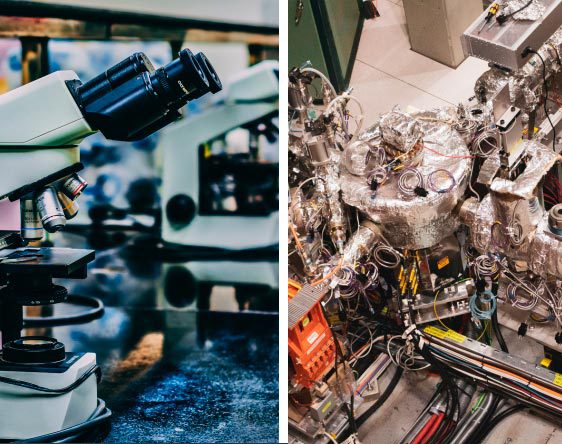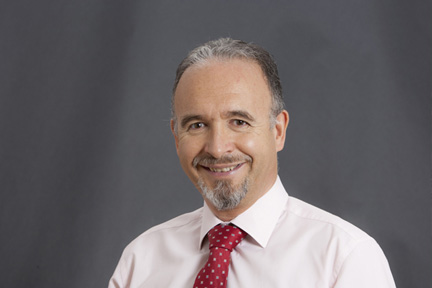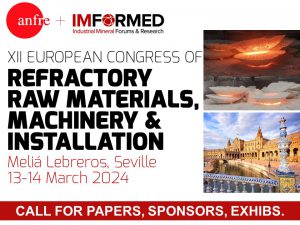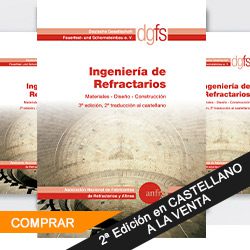In the framework of the Green Deal’s The Chemical Strategy for Sustainability (CSS), on the 15th of March 2021, the Council of the European Union adopted the Council Conclusions, “Sustainable Chemicals Strategy of the Union: Time to Deliver”. The Council supports the five main areas of action set up by the Chemicals Strategy: innovating for safe and sustainable EU chemicals; stronger EU legal framework to address pressing environmental and health concerns; simplifying and consolidating the legal framework; a comprehensive knowledge base on chemicals; and setting the example for a global sound management of chemicals.
The Council Conclusions highlight the importance of the Chemicals Strategy’s role to complement and contribute to the implementation of the Circular Economy and of the safe and sustainable-by-design approach in the context of a life cycle approach to chemicals. Therefore, the Commission should develop harmonised, clear and precise definitions for several concepts, such as “substances of concern” or “most harmful chemicals”.
To achieve the objectives of the CSS, the Commission should revise the REACH and CLP Regulations since they are crucial for the risk assessment of chemicals and the identification and hazard assessment of chemicals. Therefore, the Council supports the strengthening of data requirements under REACH and the introduction of new hazard classes and criteria under CLP.
Finally, the Commission should implement the necessary measures to support, in particular, the SMEs and microenterprises, in their effort to identify and cope with the new challenges associated with the implementation of the Chemicals Strategy.
Even though the text of the conclusions remains close to the CSS, the Council call for an “essential use framework” rather than strict criteria. (MN)


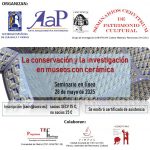
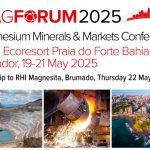
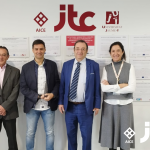
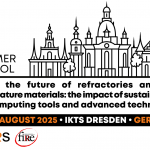

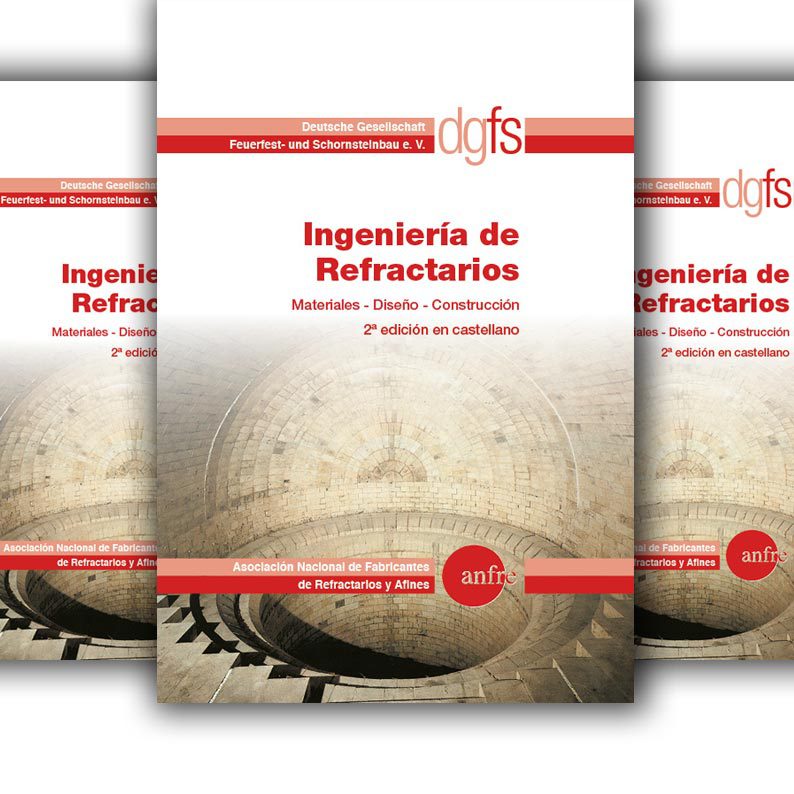 2ª Edición en castellano
2ª Edición en castellano